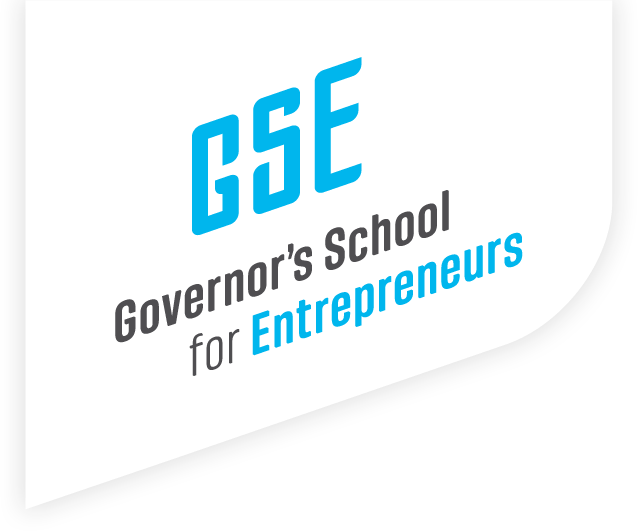We often hear the term startup eco-system often but what is it exactly and what makes a one strong? Why is it that Silicon Valley, Austin and New York City seem to be startup hubs that founders always dream about?
Entrepreneurs are most successful when they have access to the community, money and talent resources they need. More crucial are government policies aimed at encouraging and protecting founders, as well as a support system of entrepreneurs and mentors who can provide advice, guidance, and emotional support. Startups are one of the most difficult things an individual can take on. It is crucial to build a network that understands and is supportive of what founders are going through and working towards.
Networking opportunities bring benefits. Through events and activities, our ecosystem can enhance the chances of meeting similar entrepreneurs, investors and collaborative partners. However, it’s easy to misjudge the value of an entrepreneurial ecosystem if we just focus on the number of start-ups in an area or the amount of available funding. Unfortunately just creating opportunities to raise funds or meet other entrepreneurs and startup influencers is often not enough.
>
“Share and talk about your idea. Use their lack of interest or doubt fuel your motivation to make it happen”
Collaboration and sharing experiences of startup successes and failures, accessible resources and education/training are extremely valuable to startup ecosystems. You also must have culture in an ecosystem, environment, and opportunity. You must drive diversity and inclusion. Data has shown when diversity is a priority, company success rates are much higher.
In cities that have produced thriving startup eco-systems there is an excitement that travels outside of the startup community. It garners support, traction, and larger talent access. Driving attention outside of the startup organizations pulls in a larger network of resources and support.
Strong startup systems need a lot and it takes a lot. Founders can’t build this eco-system alone but Kentucky has what it needs. We just have to leverage it in a stronger and more resourceful way. Organizations that are already present in the ecosystem must work together in an efficient manor with well outlined roles. We must begin to bring in other potential stakeholders. KY Pitch is focused on working with the universities and colleges to create strong pathways and experiential educational opportunities for our student founders.
Finally it is bringing corporations to collaborate with in a mutually beneficial way. We have a lot of room for growth, but it is exciting to see it happening and we look forward to what Kentucky’s startup world looks like in 5 or 10 years.
Cheers to 2020!




